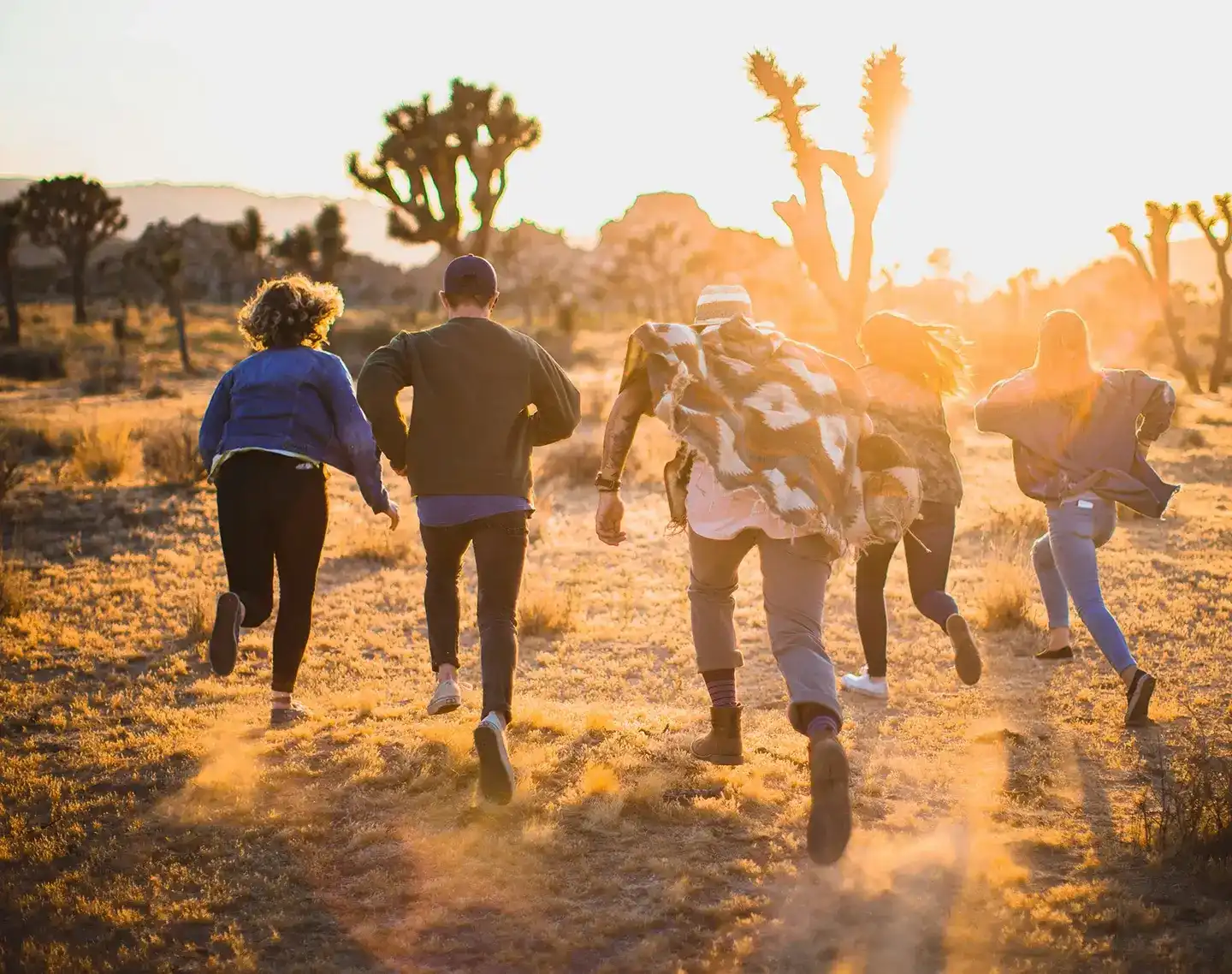Overcoming Loneliness Through Real Connections

It is possible to feel lonely even when surrounded by other people. Sometimes loneliness has nothing to do with physical isolation and everything to do with feeling misunderstood, unseen, or disconnected from meaningful relationships. The good news is that loneliness is not a permanent condition. With awareness and effort, you can begin to cultivate the kinds of connections that bring genuine warmth and belonging into your life.
In this article, we will explore:
- What loneliness really is (and what it is not)
- Everyday strategies for breaking the isolation cycle
- The importance of self-awareness and vulnerability in building strong bonds
- Practical ways to find and nurture connections, whether online or offline
Understanding Loneliness and Its Causes
Loneliness is often defined as the gap between the social connections you want and the ones you have. It is not just about having zero friends. Some people with large social circles feel chronically lonely, while others with fewer but deeper connections feel perfectly content.
Common triggers include:
- Moving to a new city
- Changing jobs or finishing school
- Losing a close relationship
- Experiencing mental health challenges like anxiety or depression
- Underlying fears of rejection or unworthiness
Recognizing your specific triggers can help you devise a plan to address them in healthy ways.
Everyday Strategies to Break the Isolation Cycle
- Start With Small Interactions
Even a brief chat with a neighbor or a friendly message to a coworker can remind you that you are part of a community. These moments might feel small, but they often lead to bigger connections over time. - Be Intentional About Reaching Out
Instead of waiting for friends to call you, take the first step. Send a text, schedule a virtual coffee date, or join a local club. Proactive efforts can feel awkward at first, but they are often the spark for genuine friendships. - Engage in Shared Interests
Joining a group or online forum centered on a hobby you love is an easy way to meet like-minded people. Whether it is gaming, cooking, volunteering, or creative writing, having shared interests makes conversations flow more naturally. - Use Reflection to Pinpoint What You Need
Before diving into social events, take a moment to ask yourself what kind of connections you crave. Do you want more casual acquaintances or a handful of deep relationships? Check out How to Use Journaling for Emotional Wellbeing if you need help clarifying your thoughts and feelings.
The Role of Vulnerability
Contrary to popular belief, vulnerability does not mean oversharing or emotionally dumping on people. It involves opening up just enough to show that you are human, with real joys and struggles. Being honest about your feelings can help others feel more comfortable sharing theirs. Over time, this mutual openness can lead to a deeper sense of trust and belonging.
Finding and Nurturing Meaningful Connections
- Community Events: Look for workshops, volunteer opportunities, or faith-based gatherings where you can meet others who share your interests or values.
- Online Platforms with Purpose: While social media can sometimes fuel loneliness, it can also be a gateway to find people who share your passions. Seek out smaller, dedicated groups rather than endless scrolling on feeds.
- Quality Over Quantity: Having ten social media "friends" who barely know you can feel more isolating than having one or two real-life connections who truly understand you. Focus on quality interactions that bring real conversation and support.
How Monsai Fits in (If You Choose)
Although Monsai does not offer dedicated "community features," it can be a supportive tool for personal growth. For example, you could set a weekly goal like "Attend one local meetup" or "Invite a friend for coffee" and track your experiences. Over time, these small actions can add up to significant changes in how you connect with people, as long as you stay open and genuine.
A Few Words on Self-Kindness
Loneliness can sometimes make you feel unworthy of friendship or companionship, but this feeling is not based on truth. Everyone deserves connection, and you are no exception. Try speaking to yourself the way you would speak to a friend. Offer self-compassion when social endeavors do not go as planned, and remind yourself that building real connections takes time.
Moving Forward
Overcoming loneliness is a journey. It starts with a willingness to acknowledge that you want more connection in your life and then taking small, consistent steps toward that goal. Every smile, every "Hey, how have you been?" is a seed planted for a possible friendship or a deeper bond.
If you are still feeling stuck, consider talking to a mental health professional who can help you navigate social anxiety or other barriers. In many cases, a combination of professional support and intentional social efforts can create a powerful transformation in how you experience day-to-day life.
Remember, we are hardwired to connect. Loneliness does not have to be your story. By reaching out, staying true to yourself, and seeking out shared experiences, you can gradually fill that gap and discover the genuine connections you have been longing for.